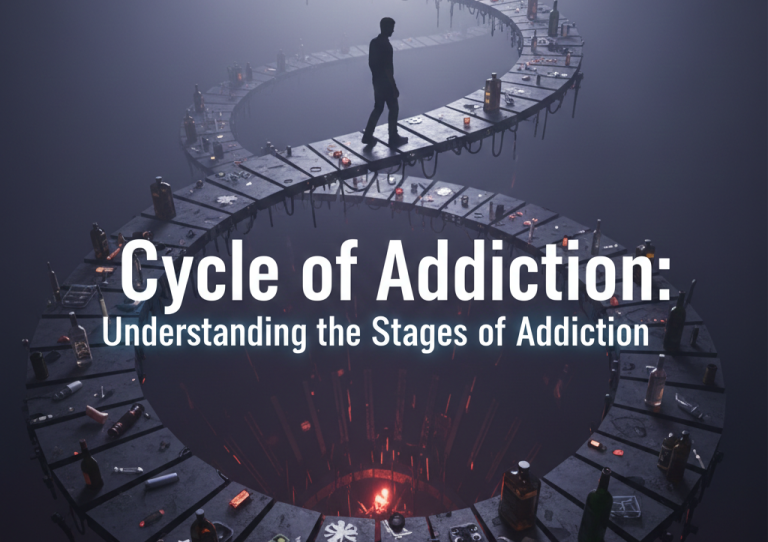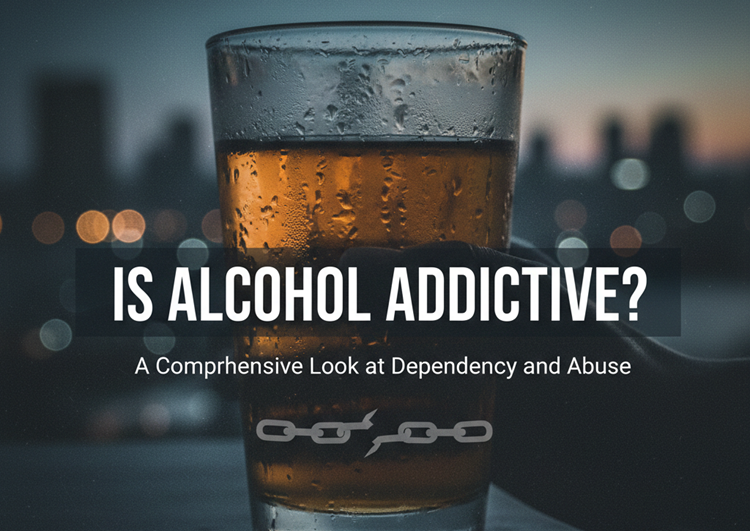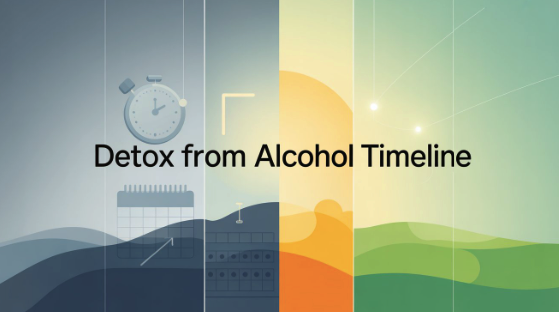Since substance use disorders are complicated, they require many different approaches to treatment. Though individual sessions and medicine are necessary, group therapy is becoming widely recognized as a major help in recovery. Because therapy groups are safe and supportive, participants have the chance to share, learn and develop new coping skills.
In this blog, we discuss how group therapy works for the treatment of substance use, the several types of group therapy, and how individuals can address problems that keep them from being part of a group.
Group Therapy in Substance Use Disorders
What is meant by substance use disorder? SUD involves addiction to alcohol or drugs, causing individuals to keep using them even when it brings them harm. Overcome SUD, a person typically relies on medical help, counseling and making positive lifestyle changes.
Being part of a group in therapy is one of the best ways to deal with both the emotional and psychological parts of addiction. It unites those facing similar difficulties and a therapist helps them as a group. Regardless of the therapy group they join, participants take part in guided talks and activities that assist in their healing.
A group setting provides a space where people can surround themselves with others going through similar issues and motivate each other to remain sober.
The Benefits of Group Therapy
Taking part in a therapy group as you recover can have advantages that go further than having a conversation about your issues. Let me explain how group therapy benefits someone with a substance use disorder.
1. Peer Support and Connection
Sharing with others in the group is one of the strongest points of group therapy. Feeling quite alone is common during active addiction. In sessions with others, they learn that facing challenges is normal for many people. Living the same experience allows individuals to care for each other, support each other emotionally, and feel better.
2. Learning Through Others
Many times, members of a group improve by observing their peers win and lose. Listening to people share their experiences with cravings, healing relationships, or dealing with triggers gives me new ideas and insights.
3. Skill Building
Communicating, managing stress, focusing on mindfulness and avoiding relapse can all be learned in group therapy. A group for mindful therapy could help people master breathing techniques and other activities that are helpful in dangerous situations.
4. Accountability and Motivation
Going to classes and taking part in activities makes someone feel committed. Members are more encouraged to attend often and work hard after realizing others are counting on them.
5. Affordability and Accessibility
For most people, group therapy is a more convenient and affordable alternative to individual therapy in battling substance abuse problems.
Types of Group Therapy in Substance Use Disorders
Many types of group therapy are useful for different people who are recovering. Some groups in therapy are focused on learning, whereas others allow participants to take part in activities meant to help them process. Now, let’s take a look at the main types of group therapy that are used for SUD treatment.
1. Psychoeducational Groups
They help their members learn about substance use disorders, relapse prevention, the impact of drug use on the brain and body and living a healthy lifestyle. They learn more about their state and discover the solutions that can aid their recovery.
2. Skills Development Groups
During these groups, individuals learn techniques for dealing with stress, controlling their anger, communicating effectively and handling their emotions. To avoid relapse, a person needs to use these skills in the real world.
3. Cognitive Behavioral Therapy (CBT) Groups
Groups allow members to identify and address thoughts and habits that lead to addiction. Those involved are taught to change these behaviors with ones that are better for them.
4. Support Groups
They are meant for people to share stories and encourage one another. Members try to lift each other, congratulate their friends when they achieve goals and assure them when facing challenges.
5. 12-Step Groups
They implement the main practices of Alcoholics Anonymous (AA) or Narcotics Anonymous (NA), including being accountable, working on the spiritual side and helping each other. The treatment does not require a therapist but can be combined with clinical techniques.
6. Mindful Therapy Groups
In mindfulness-based group therapy, you focus on being aware, accepting what is, and living in the now. Individuals are taught meditation, guided imagery, and ways to use their breath to better manage their addictions and worry.
7. Alternative Therapies Groups
Examples of approaches they use are art therapy, music therapy, movement, or holistic techniques. They give people another chance to express their emotions and recover from them, especially if talking is tough.

Overcoming Barriers
While group therapy is known to be effective, some individuals still hesitate to take part. It is necessary to overcome these barriers to support participation and better achievements.
1. Fear of Judgment
Many group members worry that others in the group might not understand or approve of them. At the same time, therapy groups are based on confidentiality, empathy, and respect. After being involved for some time, most individuals realize the group is a place where they can share honestly without being judged.
2. Shame and Guilt
Most individuals with substance use disorders experience shame, so they often avoid being open with others. Having group counseling helps reduce the feeling of being at fault, as telling your story also helps you realize you share these problems with others.
3. Social Anxiety
For someone with social anxiety, talking in front of others can be scary. To ease this process, some people join psychoeducational groups.
4. Stigma Around Treatment
Some see going to a therapy group as a weakness. Truly, reaching out for help is a brave and powerful decision. By joining group therapy, you are choosing to work on yourself and heal.
Conclusion
Substance use disorders are often treated most effectively when group therapy is part of the program. If you take part in a therapy group for new coping, emotional care or alternative healing practices, this can have a major impact on you. With the support of others and skilled help, people learn how to overcome their troubles and move forward with recovery.

We provide group therapy at Orlando Treatment Solutions, including mindful therapy groups, alternative therapy groups, and organized sessions based on research. Our caring members are always ready to help you.
Treatment for substance use disorder is important and should begin as soon as possible. Maybe you’ll discover that group therapy is what offers you lasting recovery. For more information, call Orlando Treatment Solutions at (321) 415-3213.



























